Infinity - Introduction | Functions and Their Graphs - Single-Variable Calculus (Undergraduate Foundation)
SPONSORED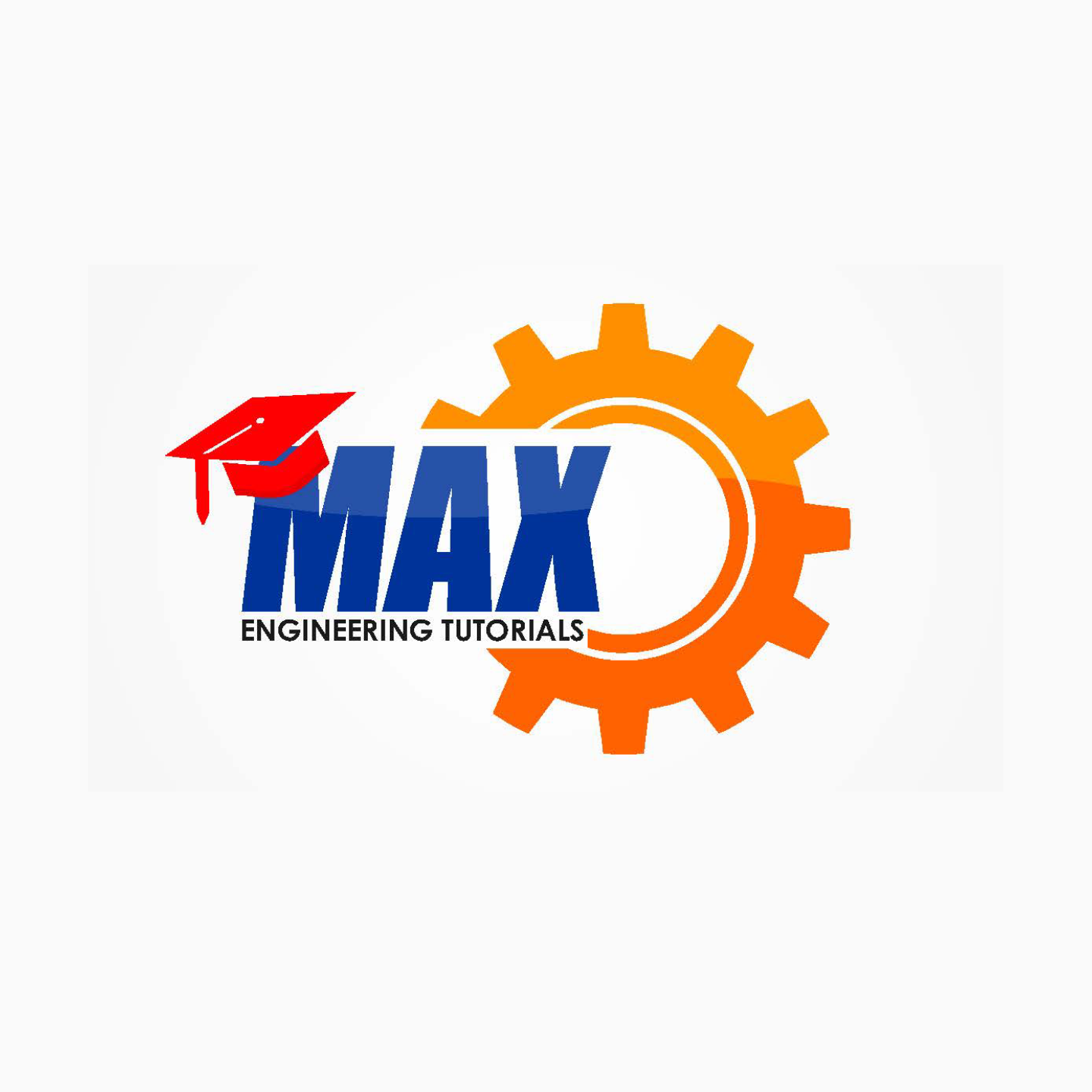 Get Personalized Tutoring NowStruggling with a tough concept or looking to advance your skills? Our expert tutors offer one-to-one guidance tailored to your unique needs.
Get instant support, clear explanations, and practical strategies to master even the most challenging subjects. With flexible scheduling and customized learning plans, success is just a session away.
Book your personalized tutoring today and start achieving your academic goals!
Get Personalized Tutoring NowStruggling with a tough concept or looking to advance your skills? Our expert tutors offer one-to-one guidance tailored to your unique needs.
Get instant support, clear explanations, and practical strategies to master even the most challenging subjects. With flexible scheduling and customized learning plans, success is just a session away.
Book your personalized tutoring today and start achieving your academic goals!
Struggling with a tough concept or looking to advance your skills? Our expert tutors offer one-to-one guidance tailored to your unique needs. Get instant support, clear explanations, and practical strategies to master even the most challenging subjects. With flexible scheduling and customized learning plans, success is just a session away. Book your personalized tutoring today and start achieving your academic goals!
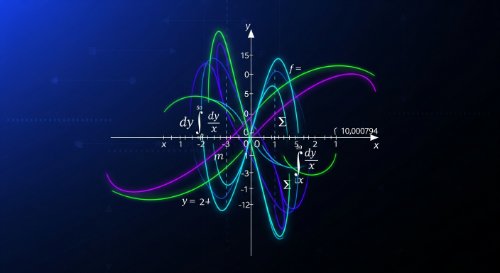 Functions and Their Graphs - Single-Variable Calculus (Undergraduate Foundation)This course provides a rigorous foundation in the concept of functions, the building block of calculus. We begin with the real number system - rationals, irrationals, intervals, and infinity - before defining real-valued functions, their domains, and ranges. You will systematically study all key function families: polynomial, rational, algebraic, piecewise-defined, and transcendental, including exponential, logarithmic, trigonometric, and hyperbolic types.
A command of functions is essential for all technical and quantitative disciplines. These principles are directly applied in physics to model motion, in economics for supply-demand curves, in engineering for signal processing, and in computer science to analyse algorithm complexity. This course delivers the core mathematical tools required for effective modelling and problem-solving in these fields and beyond.
By the end of this course, you will be able to: calculate the domain and range of any given function; classify functions and identify their fundamental properties; analyse functions for key characteristics like symmetry (odd and even); and accurately construct graphs for a wide range of standard and piecewise-defined functions directly from their equations.
This course is designed for first-year undergraduates in science, technology, engineering, mathematics (STEM), and economics. It is also critical for any student preparing for advanced calculus or for professionals who require a solid mathematical base for roles in finance, data science, or technical research.
Functions and Their Graphs - Single-Variable Calculus (Undergraduate Foundation)This course provides a rigorous foundation in the concept of functions, the building block of calculus. We begin with the real number system - rationals, irrationals, intervals, and infinity - before defining real-valued functions, their domains, and ranges. You will systematically study all key function families: polynomial, rational, algebraic, piecewise-defined, and transcendental, including exponential, logarithmic, trigonometric, and hyperbolic types.
A command of functions is essential for all technical and quantitative disciplines. These principles are directly applied in physics to model motion, in economics for supply-demand curves, in engineering for signal processing, and in computer science to analyse algorithm complexity. This course delivers the core mathematical tools required for effective modelling and problem-solving in these fields and beyond.
By the end of this course, you will be able to: calculate the domain and range of any given function; classify functions and identify their fundamental properties; analyse functions for key characteristics like symmetry (odd and even); and accurately construct graphs for a wide range of standard and piecewise-defined functions directly from their equations.
This course is designed for first-year undergraduates in science, technology, engineering, mathematics (STEM), and economics. It is also critical for any student preparing for advanced calculus or for professionals who require a solid mathematical base for roles in finance, data science, or technical research.
This course provides a rigorous foundation in the concept of functions, the building block of calculus. We begin with the real number system - rationals, irrationals, intervals, and infinity - before defining real-valued functions, their domains, and ranges. You will systematically study all key function families: polynomial, rational, algebraic, piecewise-defined, and transcendental, including exponential, logarithmic, trigonometric, and hyperbolic types. A command of functions is essential for all technical and quantitative disciplines. These principles are directly applied in physics to model motion, in economics for supply-demand curves, in engineering for signal processing, and in computer science to analyse algorithm complexity. This course delivers the core mathematical tools required for effective modelling and problem-solving in these fields and beyond. By the end of this course, you will be able to: calculate the domain and range of any given function; classify functions and identify their fundamental properties; analyse functions for key characteristics like symmetry (odd and even); and accurately construct graphs for a wide range of standard and piecewise-defined functions directly from their equations. This course is designed for first-year undergraduates in science, technology, engineering, mathematics (STEM), and economics. It is also critical for any student preparing for advanced calculus or for professionals who require a solid mathematical base for roles in finance, data science, or technical research.
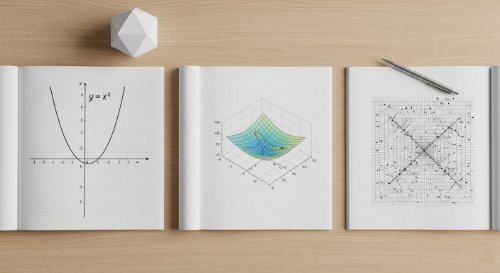 MTH 201: Mathematical Methods IThis learning track delivers the complete mathematical toolkit required for a university-level science, engineering, or computing degree. It systematically covers the entire MTH 201 curriculum, building from the foundational principles of single-variable calculus - functions, limits, continuity, and differentiability - to the advanced methods of multivariable calculus, infinite series, numerical methods, and ordinary differential equations. This is the definitive preparation for advanced quantitative study.
This programme is designed for second-year students offering MTH 201 at Obafemi Awolowo University, Ile-Ife, Nigeria. It is also helpful for any student in a STEM field - including physics, engineering, and computer science - who requires a rigorous and comprehensive command of calculus and its applications.
This track delivers a full skill set in mathematical analysis and applied problem-solving. Graduates will be able to solve a wide range of problems, from optimising multivariable functions to modelling dynamic systems with differential equations and testing the convergence of infinite series. This programme directly prepares students for success in advanced courses in vector calculus, partial differential equations, and real analysis, providing the necessary foundation for a career in engineering, data science, or theoretical physics.
MTH 201: Mathematical Methods IThis learning track delivers the complete mathematical toolkit required for a university-level science, engineering, or computing degree. It systematically covers the entire MTH 201 curriculum, building from the foundational principles of single-variable calculus - functions, limits, continuity, and differentiability - to the advanced methods of multivariable calculus, infinite series, numerical methods, and ordinary differential equations. This is the definitive preparation for advanced quantitative study.
This programme is designed for second-year students offering MTH 201 at Obafemi Awolowo University, Ile-Ife, Nigeria. It is also helpful for any student in a STEM field - including physics, engineering, and computer science - who requires a rigorous and comprehensive command of calculus and its applications.
This track delivers a full skill set in mathematical analysis and applied problem-solving. Graduates will be able to solve a wide range of problems, from optimising multivariable functions to modelling dynamic systems with differential equations and testing the convergence of infinite series. This programme directly prepares students for success in advanced courses in vector calculus, partial differential equations, and real analysis, providing the necessary foundation for a career in engineering, data science, or theoretical physics.
This learning track delivers the complete mathematical toolkit required for a university-level science, engineering, or computing degree. It systematically covers the entire MTH 201 curriculum, building from the foundational principles of single-variable calculus - functions, limits, continuity, and differentiability - to the advanced methods of multivariable calculus, infinite series, numerical methods, and ordinary differential equations. This is the definitive preparation for advanced quantitative study. This programme is designed for second-year students offering MTH 201 at Obafemi Awolowo University, Ile-Ife, Nigeria. It is also helpful for any student in a STEM field - including physics, engineering, and computer science - who requires a rigorous and comprehensive command of calculus and its applications. This track delivers a full skill set in mathematical analysis and applied problem-solving. Graduates will be able to solve a wide range of problems, from optimising multivariable functions to modelling dynamic systems with differential equations and testing the convergence of infinite series. This programme directly prepares students for success in advanced courses in vector calculus, partial differential equations, and real analysis, providing the necessary foundation for a career in engineering, data science, or theoretical physics.
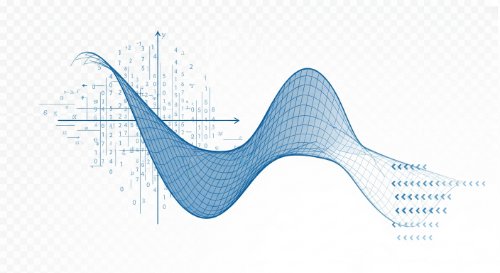 GET 209: Engineering Mathematics IMaster the mathematical language of engineering. This programme delivers the complete analytical toolkit required for a successful engineering career, covering single-variable calculus, multivariable calculus, linear algebra, and vector analysis. It provides the essential foundation for all subsequent engineering courses.
This programme is for second-year undergraduate students across all engineering disciplines. It delivers the official NUC CCMAS curriculum for Engineering Mathematics, providing the core training required for advanced modules in mechanics, thermodynamics, and circuit theory.
Model and analyse complex physical systems using calculus, linear algebra, and vector analysis. You will be equipped to solve problems in dynamics, statics, and field theory, providing the quantitative proficiency required for advanced engineering study and professional practice.
GET 209: Engineering Mathematics IMaster the mathematical language of engineering. This programme delivers the complete analytical toolkit required for a successful engineering career, covering single-variable calculus, multivariable calculus, linear algebra, and vector analysis. It provides the essential foundation for all subsequent engineering courses.
This programme is for second-year undergraduate students across all engineering disciplines. It delivers the official NUC CCMAS curriculum for Engineering Mathematics, providing the core training required for advanced modules in mechanics, thermodynamics, and circuit theory.
Model and analyse complex physical systems using calculus, linear algebra, and vector analysis. You will be equipped to solve problems in dynamics, statics, and field theory, providing the quantitative proficiency required for advanced engineering study and professional practice.
Master the mathematical language of engineering. This programme delivers the complete analytical toolkit required for a successful engineering career, covering single-variable calculus, multivariable calculus, linear algebra, and vector analysis. It provides the essential foundation for all subsequent engineering courses. This programme is for second-year undergraduate students across all engineering disciplines. It delivers the official NUC CCMAS curriculum for Engineering Mathematics, providing the core training required for advanced modules in mechanics, thermodynamics, and circuit theory. Model and analyse complex physical systems using calculus, linear algebra, and vector analysis. You will be equipped to solve problems in dynamics, statics, and field theory, providing the quantitative proficiency required for advanced engineering study and professional practice.
 MAT 223: Real AnalysisThis learning track provides the complete theoretical machinery of single-variable calculus and analysis. We build the subject from first principles, establishing the rigorous logical framework required for advanced quantitative disciplines. This is the 'why' behind the mathematics that powers science and engineering.
This track is built for second-year engineering and physical science students, particularly those at the University Of Ibadan. It is also structured for any student requiring the same rigorous theoretical foundation for advanced quantitative study.
On completion, you will command the complete theoretical basis of single-variable calculus. You will construct formal proofs, rigorously analyse function behaviour, and determine the convergence of infinite series. This programme provides the non-negotiable prerequisite knowledge for advanced study in differential equations, complex analysis, and theoretical physics.
MAT 223: Real AnalysisThis learning track provides the complete theoretical machinery of single-variable calculus and analysis. We build the subject from first principles, establishing the rigorous logical framework required for advanced quantitative disciplines. This is the 'why' behind the mathematics that powers science and engineering.
This track is built for second-year engineering and physical science students, particularly those at the University Of Ibadan. It is also structured for any student requiring the same rigorous theoretical foundation for advanced quantitative study.
On completion, you will command the complete theoretical basis of single-variable calculus. You will construct formal proofs, rigorously analyse function behaviour, and determine the convergence of infinite series. This programme provides the non-negotiable prerequisite knowledge for advanced study in differential equations, complex analysis, and theoretical physics.
This learning track provides the complete theoretical machinery of single-variable calculus and analysis. We build the subject from first principles, establishing the rigorous logical framework required for advanced quantitative disciplines. This is the 'why' behind the mathematics that powers science and engineering. This track is built for second-year engineering and physical science students, particularly those at the University Of Ibadan. It is also structured for any student requiring the same rigorous theoretical foundation for advanced quantitative study. On completion, you will command the complete theoretical basis of single-variable calculus. You will construct formal proofs, rigorously analyse function behaviour, and determine the convergence of infinite series. This programme provides the non-negotiable prerequisite knowledge for advanced study in differential equations, complex analysis, and theoretical physics.
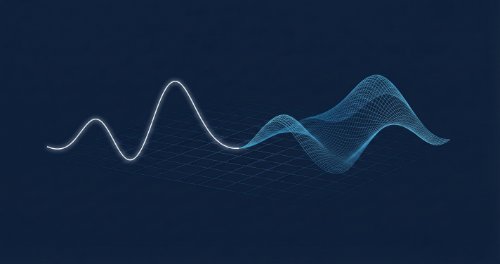 MTH 201: Mathematical Methods IMastering advanced calculus is essential for modelling complex systems in science and engineering. This track delivers the rigorous mathematical foundation demanded by the official NUC CCMAS curriculum for MTH 201. It systematically builds your expertise from fundamental single-variable theory to the sophisticated multivariable analysis used to solve critical problems in physics, economics, and technology.
This programme is for undergraduates in engineering, mathematics, physics, and computer science requiring a deep theoretical and practical command of calculus. It also serves economics students needing advanced quantitative tools or professionals in finance and data science seeking a solid mathematical base for technical research.
You will gain the analytical skills to construct formal proofs for differentiation rules and apply cornerstone theorems like Mean Value and Taylor's. You will master multivariable techniques, enabling you to solve constrained optimization problems with Lagrange multipliers and compute multiple integrals across line, surface, and volume domains. This track is the requisite preparation for advanced studies in differential equations, vector analysis, and complex engineering modelling.
MTH 201: Mathematical Methods IMastering advanced calculus is essential for modelling complex systems in science and engineering. This track delivers the rigorous mathematical foundation demanded by the official NUC CCMAS curriculum for MTH 201. It systematically builds your expertise from fundamental single-variable theory to the sophisticated multivariable analysis used to solve critical problems in physics, economics, and technology.
This programme is for undergraduates in engineering, mathematics, physics, and computer science requiring a deep theoretical and practical command of calculus. It also serves economics students needing advanced quantitative tools or professionals in finance and data science seeking a solid mathematical base for technical research.
You will gain the analytical skills to construct formal proofs for differentiation rules and apply cornerstone theorems like Mean Value and Taylor's. You will master multivariable techniques, enabling you to solve constrained optimization problems with Lagrange multipliers and compute multiple integrals across line, surface, and volume domains. This track is the requisite preparation for advanced studies in differential equations, vector analysis, and complex engineering modelling.
Mastering advanced calculus is essential for modelling complex systems in science and engineering. This track delivers the rigorous mathematical foundation demanded by the official NUC CCMAS curriculum for MTH 201. It systematically builds your expertise from fundamental single-variable theory to the sophisticated multivariable analysis used to solve critical problems in physics, economics, and technology. This programme is for undergraduates in engineering, mathematics, physics, and computer science requiring a deep theoretical and practical command of calculus. It also serves economics students needing advanced quantitative tools or professionals in finance and data science seeking a solid mathematical base for technical research. You will gain the analytical skills to construct formal proofs for differentiation rules and apply cornerstone theorems like Mean Value and Taylor's. You will master multivariable techniques, enabling you to solve constrained optimization problems with Lagrange multipliers and compute multiple integrals across line, surface, and volume domains. This track is the requisite preparation for advanced studies in differential equations, vector analysis, and complex engineering modelling.